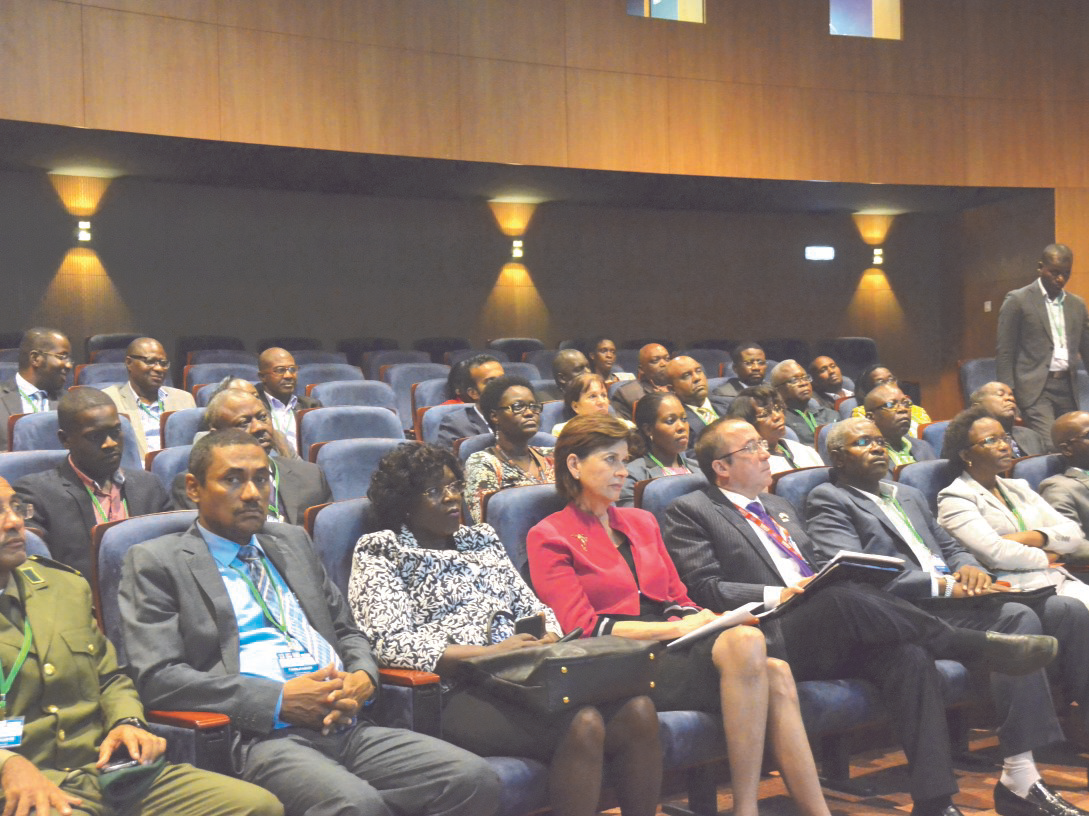Editors’ Note: This is the first of a special series called Voices, in which SIAPS staff share their views on global health issues and their work in the field. This interview is with Kelly Sawyer, SIAPS technical advisor for tuberculosis. What sets TB apart from other health areas? TB is now the number one infectious … Read more
Archive Blog
Every Breath Counts: Strengthening Pharmaceutical Systems for Better Health Outcomes with Pneumonia
By Jane Briggs, Principal Technical Advisor More than 900,000 children die of pneumonia each year (more than malaria, measles, and HIV/AIDS combined), according to the World Health Organization. Many of these cases go undiagnosed and untreated. How can this be when we know what works? A five-day, twice-daily amoxicillin regimen—in either dispersible tablet (DT) or oral … Read more
Improving Medication Adherence: It Takes a System
By Aubrey Clark, SIAPS Technical Advisor, and Mohan P. Joshi, SIAPS Principal Technical Advisor and Cluster Lead for Pharmaceutical Services “Medicines don’t work in patients who don’t take them.” – Former US Surgeon General C. Everett Koop Today, medicines exist to treat many of the world’s most pressing health threats. Deaths from HIV/AIDS have fallen by … Read more
New Approaches and Tools Help Protect Patient Safety, Increase Access to Quality Medicines in Ethiopia
The SIAPS team has helped the Ethiopian Food, Medicine, and Health Care Administration and Control Authority (FMHACA) and many health facilities in the country incorporate product quality reporting into its national adverse drug event (ADE) reporting system. This has proven to be an efficient and cost-effective measure to detect products with problems in quality and … Read more
Improving Medicine Storage at Al Sabbah Children’s Hospital in South Sudan
Dr. Bruno Jeremiah, a pharmacist at Al Sabbah Children’s Hospital in Juba, South Sudan, squats on the floor in his white coat. He selects small cartons of medicine to hand to his colleague, storekeeper Julius Leonardo. The South Sudan Ministry of Health’s medicine supply system is kit-based, meaning that medicines are packed into kits for … Read more
SIAPS Trains Health Staff in Ethiopia to Use QuanTB to Manage TB Medicines
By Kelly Sawyer, Technical Associate – TB The SIAPS program, in collaboration with the Challenge TB project in Ethiopia, organized a national forecasting and quantification training on the QuanTB tool in September in Bishoftu town, Ethiopia. QuanTB, which SIAPS developed in 2013, is a downloadable electronic tool designed to improve Tuberculosis (TB) medicines procurement processes, ordering … Read more
SIAPS Gathers Health Leaders for Strategy Meeting in Angola; Trains Health Staff on Quantimed

By Stacy Lu, SIAPS Technical Writer Based on USAID/Angola’s Gindungo Newsletter by Paul McDermott, Acting USAID/Angola Mission Director, and Gastao Figueiredo, Editor The Angolan Central Procurement Agency for Medicines and Medical Supplies (CECOMA) has developed a draft strategy to reform and strengthen the country’s pharmaceuticals system. CECOMA developed the strategy during a hree-day workshop in June … Read more
SIAPS Program Director’s Blog: Strengthening the Leadership and Management of Pharmaceutical Services in South Africa
In South Africa, the USAID funded SIAPS Program has provided technical assistance in leadership and management to improve the pharmaceutical sector. Through close collaboration with the government of South Africa, SIAPS adapted MSH’s Virtual Leadership Development Program (VLDP), creating the Pharmaceutical Leadership Development Program (PLDP). The PLDP combines technical pharmaceutical knowledge with training in leading … Read more
Pharmacy Services: An Essential Piece in Achieving the 90:90:90 Goals of Ending HIV
By Kidwell Matshotyana, SIAPS Country Project Director Many countries have made significant progress in fighting HIV over the past decade. Investing in technical assistance, procuring antiretrovirals (ARVs), and training health care workers have meant that fewer people die from HIV infections. Today, a world without AIDS is closer than we have ever imagined. We are … Read more
Ending Malaria for Good: Systems Strengthened, Lessons Learned
One of the world’s oldest diseases, malaria claimed 1.2 million lives at its peak in 2004. Today, with proven prevention and treatment strategies, nine countries have now eradicated malaria. However, malaria still claims more than 400,000 lives each year—mostly children under the age of five in sub-Saharan Africa. The costs of malaria do not stop … Read more


